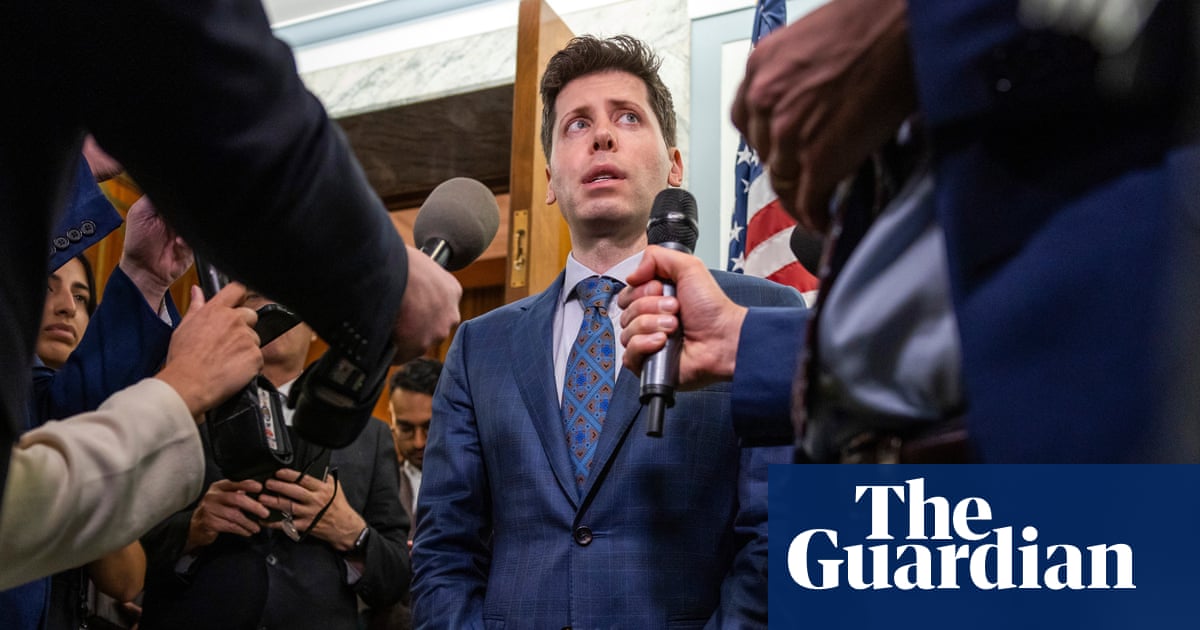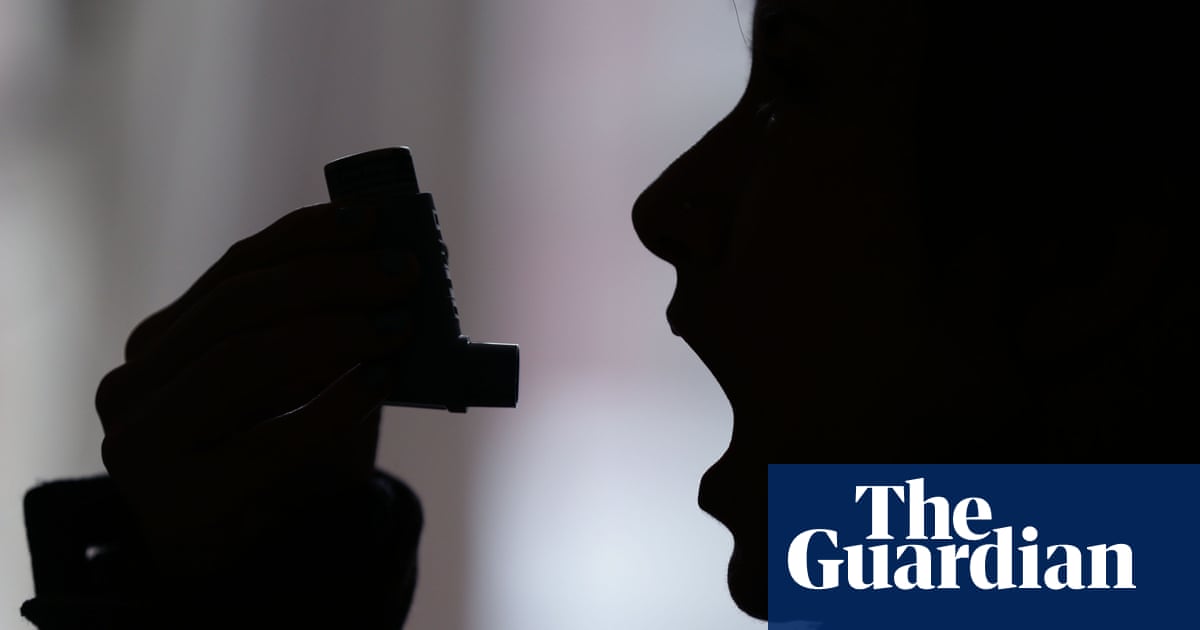
A leading medical ethicist said Queensland was taking a “lethal risk” by holding elections on Saturday, as the Australian Medical Association, virologists and others called for them to be postponed because of coronavirus.
Local government elections will be held in council areas across the state. Byelections will be held in two key state electorates, Bundamba and Currumbin.
About 570,000 people applied for postal votes before the deadline, but large numbers said they had not received them. The Queensland electoral commission told those people they could vote in person on Saturday and that physical distancing and other precautions would be taken.
The New South Wales government delayed its local government elections, due in September. But Queensland was following its own medical advice.
Calls to delay the poll, or provide for people to postal vote after election day, have increased.
This week Queensland closed its border with NSW and suspended the state parliament.
The Australian Medical Association’s Queensland president, Dilip Dhupelia, told the Courier-Mail on Friday the election was going ahead in the face of “pandemic protocols outlined by the prime minister or the growing fear in the community”.
The Gold Coast Medical Association and senior doctors around the Gold Coast have called for the poll to be postponed.
Ian Mackay, a virologist at the University of Queensland, told the ABC the election was a “gathering we shouldn’t have” and it “boggles the mind”.
Sarah Ferber, an expert in medical ethics from the University of Wollongong, told Guardian Australia that going ahead was a lethal risk, and it would have been cancelled if the coronavirus was “a purple powder” and could be seen.
“Part of the problem in dealing with Covid-19 is the widespread belief that the threat has been exaggerated,” Ferber said.
She compared electoral commission information to put voters “at ease” with animations reassuring people the Fukushima nuclear plant in Japan was safe.
“Germany’s federal institute for risk assessment has published findings that Covid-19 can remain active for 24 hours on cardboard. The booths where ballot papers are filled out are made of cardboard.
“Will that ‘purple powder’ on those booths become visible in the form of the numbers of dead and infected in Queensland in around three to four weeks, in comparison with other Australian states?
“If that were to happen, the victims will have succumbed not only to the virus, but to the failure to understand that an invisible threat, one never before experienced, can be deadly.
“‘From a medical ethics point of view, does the benefit outweigh the risk? Clearly not. Too much is unknown about this disease. There is a viable and democratic alternative [postal voting] to requiring booth attendance.”
Three Catholic schools due to host polling places on Saturday have pulled out.
“The schools have maintained a rigorous approach to hygiene at all times and with [electoral commission] unable to provide an appropriate clean before school reopens for staff and some students on Monday, the schools decided against participating on Saturday,” a Brisbane Catholic Education spokesman said.
The electoral commission has a telephone voting system for a limited number of vulnerable people but this has also been beset by problems and subject to health concerns. On Thursday the Courier-Mail published a video of election officials apparently working close to each other while processing telephone votes.
The state’s chief health officer, Prof Jeanette Young, has repeatedly said there was “no risk” to people voting on Saturday.
“We know, due to our fantastic pre-polling arrangements, and with the way Queenslanders have responded, and with the postal vote process, with all of that the number of Queenslanders left to vote by Saturday will be relatively small,” she said.
About 1 million people have voted at pre-poll stations. Polling places will enforce new rules to enforce physical distancing, including banning canvassing by party volunteers and how-to-vote cards.
As well as health concerns, some have already questioned the democratic authority of elections held in circumstances where many people who want to vote will choose not to, and others have been actively disenfranchised by being ordered to self-isolate.
An electoral law expert, Graeme Orr, said he expects record low turnout.
He said the results of polls could not be challenged, even if people were prevented from voting, because individuals did not have a constitutionally protected right to vote.
Trina Massey, the Greens candidate for Brisbane central ward, said the party had “strong concerns that certain demographics will be especially disenfranchised”.
“Particularly voters under 30 who are so worried about job losses and paying the rent that they don’t even realise there’s an election on, and voters aged 60-plus who are more likely to be completely self-isolating,” she said.
“The state government has said clearly that the election is still going ahead and it seems there’s nothing we can do about that other than to remind people that who they vote for in the next few days will end up leading the city for at least the next four years during a very tumultuous period.”












